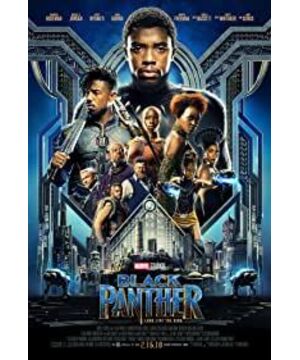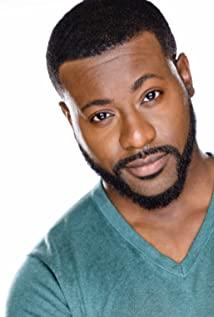But if the film does just that, it's not enough to make people feel different. What is truly admirable is the profound practical significance behind it. It does not treat vibranium as the Lord of the Rings, but only discusses it as the core of human greed. Rather, it goes a step further: When a country has power over others, does it protect its power by protecting its own power behind closed doors, or sharing its advantages and taking on the responsibility of saving all mankind?
This is the same as the "great power comes with great responsibility" that Spider-Man movies have been discussing, but it extends from the individual to the national level. There are even lines like "we should build bridges instead of walls" in this film , Obviously, this will remind many American people of the real problems that are happening in the United States. The principle that the current president has always adhered to is that he does not want to share the advantages of the United States, but to be strong behind closed doors, because he thinks too much Accepting foreign populations, sharing resources and collaborating with overseas ended up putting America at risk and putting people in the United States out of work. So he withdrew from the Paris environmental accord, threatened to set up a customs ban and build a wall on the border, but such actions have also been rewarded. Lots of opposition.
Black Panther faces the same situation in this film. His country has always been hidden, and does not want to share the vibranium technology that he possesses, for fear of causing disaster. But when the outside world needs help, can Wakanda shut the door and ignore it? Obviously, His Majesty's decision has changed the fate of Wakanda. At the end of "Captain 3", Captain America asked the Black Panther: "What if they chase after them?" "Let them come!" says Black Panther, while saving others, Wakanda inevitably faces greater challenges and exposure to the dangers of the world. How to choose as a leader has become the core theme of this film.
When such a question is thrown, the film has risen from an African-American superhero film to another level, which is why the film is deeper and more complicated than imagined. Marvel movies have always been about the relationship between ability and responsibility. As a rich man, will Iron Man continue to sell weapons to become rich or join the war to defend all mankind? As a high school student, is it necessary for Spider-Man to assume the responsibility of maintaining law and order and the safety of others? Similarly, whether it is Thor or Captain America, even if they have superhuman abilities, they still inevitably become "refugees", waiting for the rescue of outsiders. Will Wakanda open the door to welcome them?
What's more valuable is that such a theme has nothing to do with race. Wonder Woman also faces such a tangle: As a god, does she need to help humans? The elves in "The Lord of the Rings" also faced such challenges. As a more advanced group, are they obliged to help other people in Middle-earth protect the safety of Middle-earth, or do they hide themselves? Those films are also sublimated by this discussion of human nature and responsibility.
However, Black Panther is not without its shortcomings. Apart from the fact that the action scenes don't have many unexpected highlights, the film does not have the same inextricable connection with the Marvel universe as other Marvel movies, but more independent existence. If you're watching this film primarily to find connections to Avengers 3 and more, you might be slightly disappointed. It can be said that the film has little to do with other Marvel movies until the second easter egg at the end of the final subtitles.
Personally, in my opinion, this film also has a significance, which is to change the usual pattern of films with African-Americans as the protagonists in the past. In the past, what we saw was always African Americans as a vulnerable group, fighting against unfair treatment. The film is a tribute to African-American culture. What makes people feel is the strength of the African-descendant people and that Africa is not the "backward and barbaric" in some populations, reflecting a full sense of national pride and self-confidence. On this basis, the film explores the social theme of whether a dominant country has greater responsibility to human beings.
It is certain that North America will explode. But I am conservative about the film's performance in overseas markets such as China, because I am not sure whether overseas audiences can take off the tinted glasses of the "all black cast" to see the content I mentioned above. Of course, I'm hoping I'm wrong.
View more about Black Panther reviews











